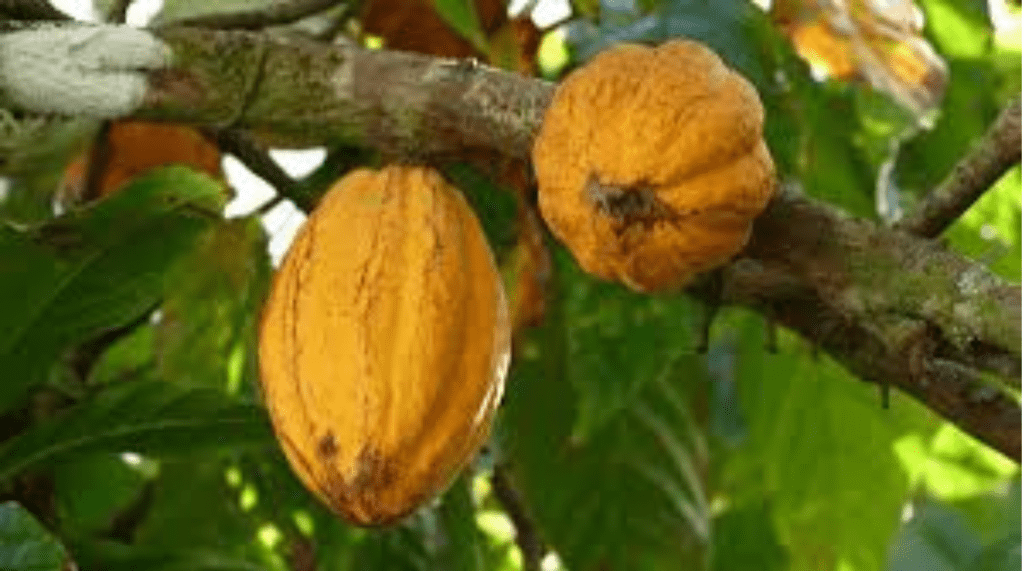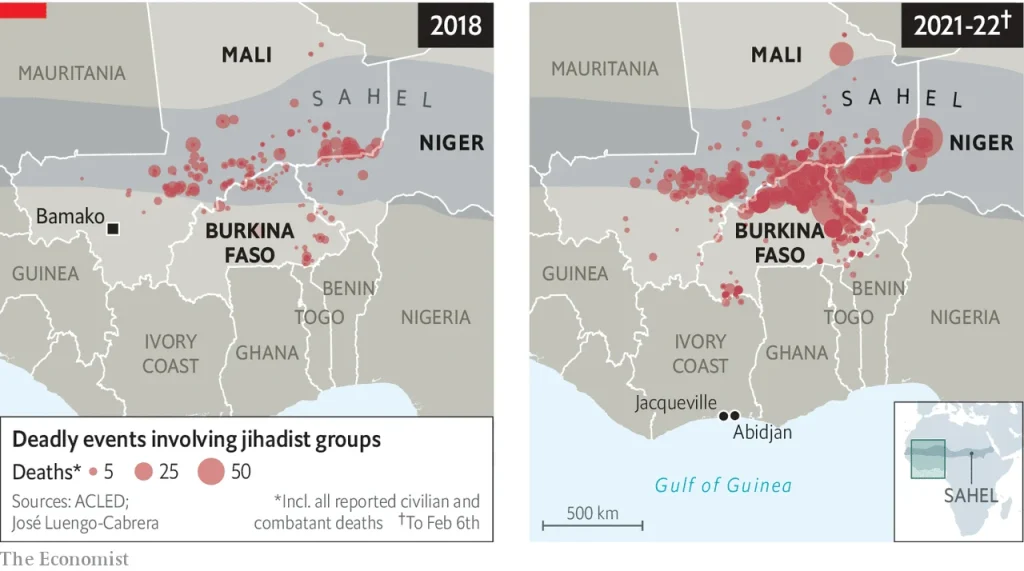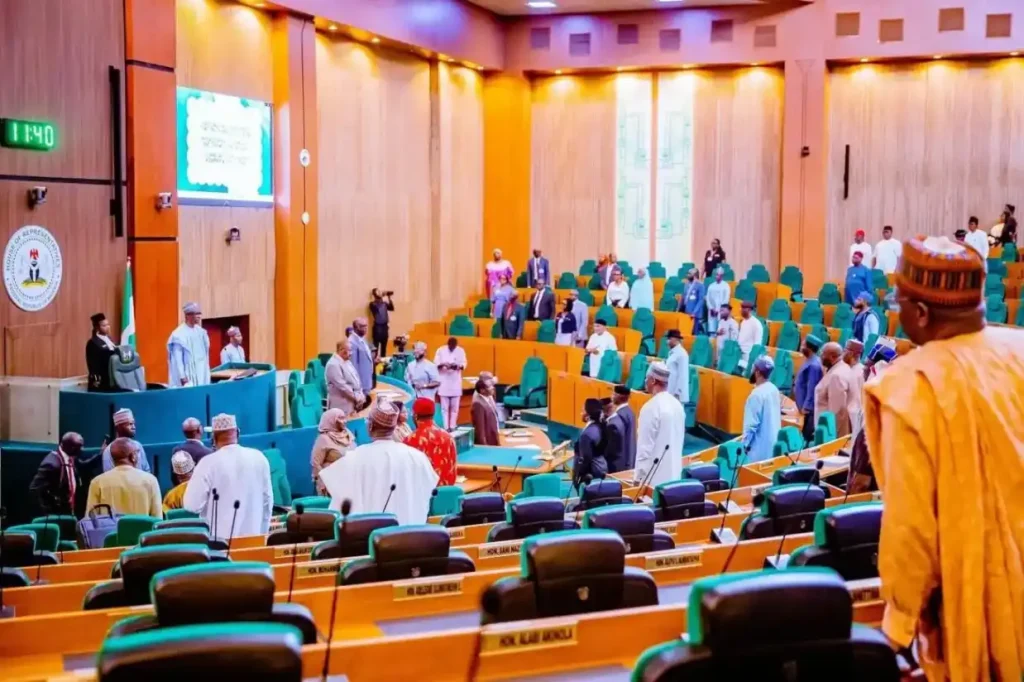Côte d’Ivoire has taken significant steps to bolster its cocoa industry through new sustainability initiatives focused on boosting production while safeguarding the environment. Aimed at protecting forest areas, enhancing traceability, and promoting sustainable farming practices, these initiatives reflect the country’s commitment to achieving a balance between agricultural productivity and environmental conservation.
This initiative is spearheaded by the Ivorian government in collaboration with international organizations and private sector players, including the World Cocoa Foundation and European Union members. These efforts are part of the broader Cocoa & Forests Initiative (CFI), involving key cocoa-producing regions such as Bas-Sassandra and Lacs districts in the southern and eastern parts of Côte d’Ivoire.
The initiatives include a mix of policies, programs, and partnerships designed to foster a more sustainable cocoa sector. Key actions under this strategy are the reforestation of degraded areas, promotion of agroforestry practices, and establishment of a traceability system for cocoa beans. By providing farmers with shade tree seedlings and technical training in agroforestry, the program encourages methods that prevent soil degradation and boost productivity sustainably. These approaches not only help maintain forest cover but also support farmers in creating resilient agricultural practices that can withstand climate fluctuations.
In a parallel effort, Côte d’Ivoire’s traceability system, which now enables tracking over 80% of the country’s cocoa supply, aims to prevent illegal deforestation linked to cocoa farming. The system aligns with the European Union’s recent regulations on deforestation-free products, which restrict imports linked to forest loss, encouraging sustainable cocoa production practices that enhance global market access for Ivorian cocoa.
Additionally, these sustainability initiatives include socio-economic support for cocoa farmers, especially women and youth. Through Village Savings and Loan Associations (VSLA), the project helps farmers access micro-financing, which enables them to invest in alternative income sources such as beekeeping and snail farming. This approach diversifies farmers’ income streams and reduces dependency on cocoa, alleviating financial pressure to expand agricultural land into forest areas.
As the world’s largest cocoa producer, Côte d’Ivoire’s dedication to these sustainability measures is expected to have a significant positive impact on both the local ecosystem and global cocoa supply chains. With a goal to transition 100% of cocoa supply chain operations to sustainable practices by 2025, these measures mark a critical step in securing the future of Côte d’Ivoire’s cocoa industry while addressing global environmental concerns.





















